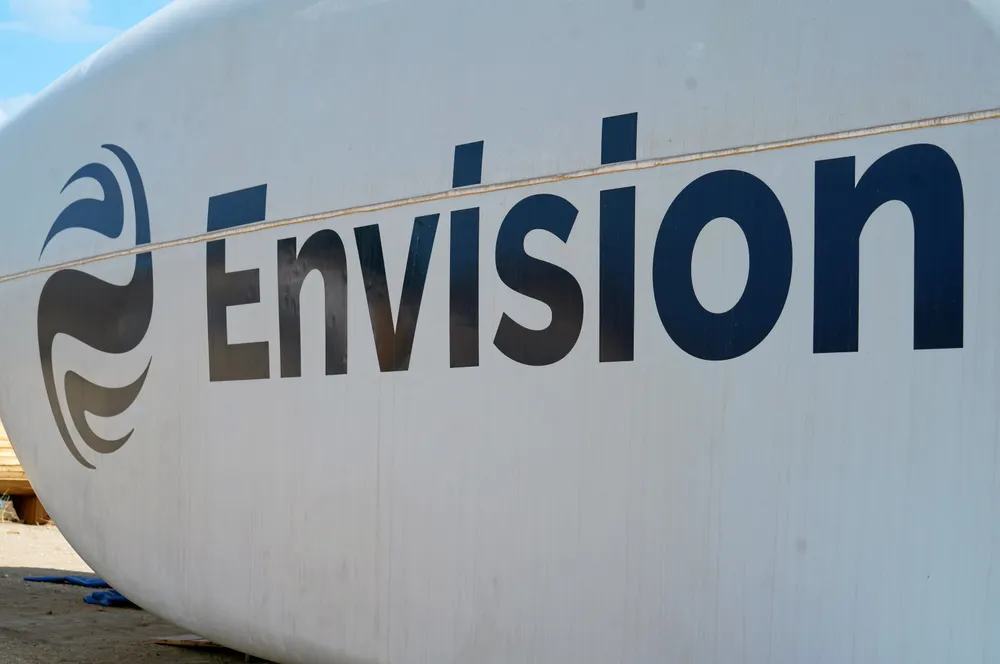Second Chinese wind turbine maker unveils Kazakhstan factory plan
Envision follows Sany in announcing plans to build wind turbine factory in Central Asian country with close ties to China

Envision has become the second Chinese wind turbine maker in a matter of days to announce it is opening a wind turbine factory in Kazakhstan.
Envision announced today that it has “taken a major step in strengthening Kazakhstan's green energy transition” by signing a strategic agreement to open the turbine and energy storage manufacturing base.
It has signed the agreement with Samruk Energy – a subsidiary of Samruk-Kazyna, a Kazakh sovereign wealth fund – and Kazakhstan Utility Systems.
“The project marks a significant step in Kazakhstan’s green transformation and aligns perfectly with our commitment to fostering sustainable energy solutions worldwide,” said Envision senior vice president Kane Xu.
“Leveraging our cutting-edge industry expertise, Envision will support Kazakhstan in reducing carbon emissions, advancing clean energy, and attracting greater international capital and technology.”
Sany anchored its own plans to build a factory to an agreement with Samruk-Kazyna. The wealth fund has backed plans to install around 6GW of renewables capacity by 2030. Kazakhstan wants to generate 15% of its power through renewables by that time.
Chinese turbine makers have been pushing into global markets in recent years amid white-hot domestic price competition among manufacturers, which has squeezed profit margins.
Central Asia is an attractive market for them given the close political ties China has with many countries in the region and the lack of domestic competitors.
Speaking to Recharge, Rystad Energy China analyst Simeng Deng said the deal fits into China's broader Belt and Road initiative which has helped turn countries in Central Asia into a "friendly environment" for Chinese investment.
She also highlights a recent cooperation agreement signed between China's President Xi Jinping and his Kazakh counterpart Kassym-Jomart Tokayev that "further boosts the bilateral cooperation in different sectors including renewable energy."